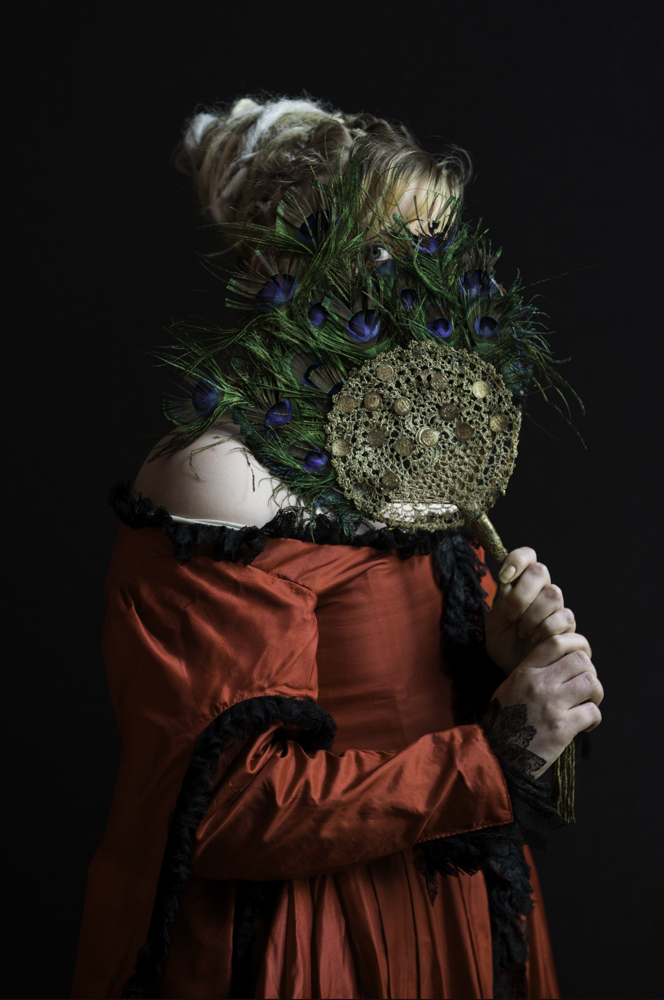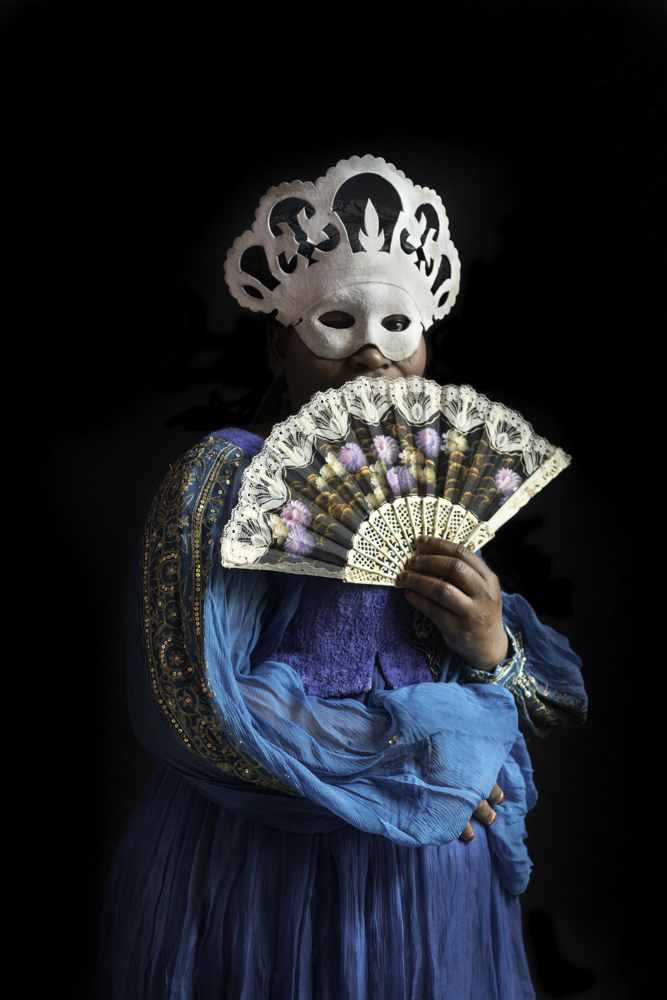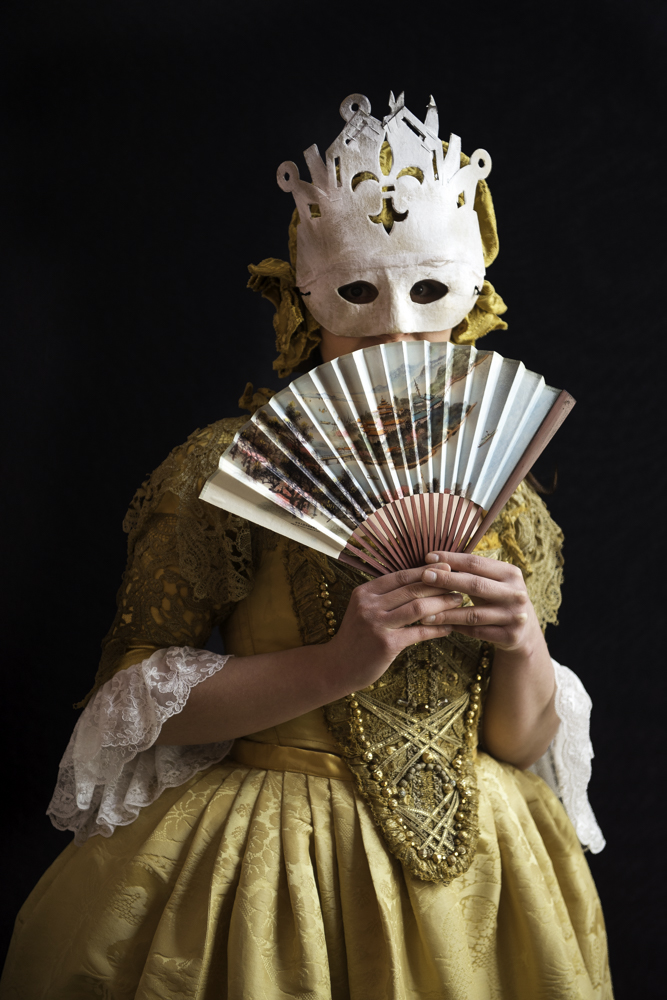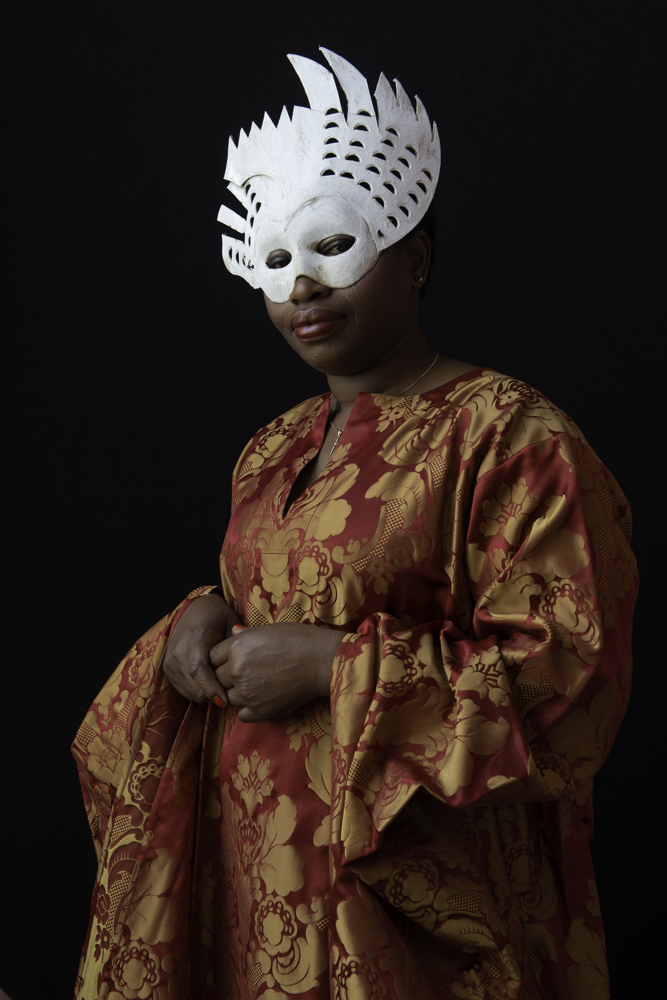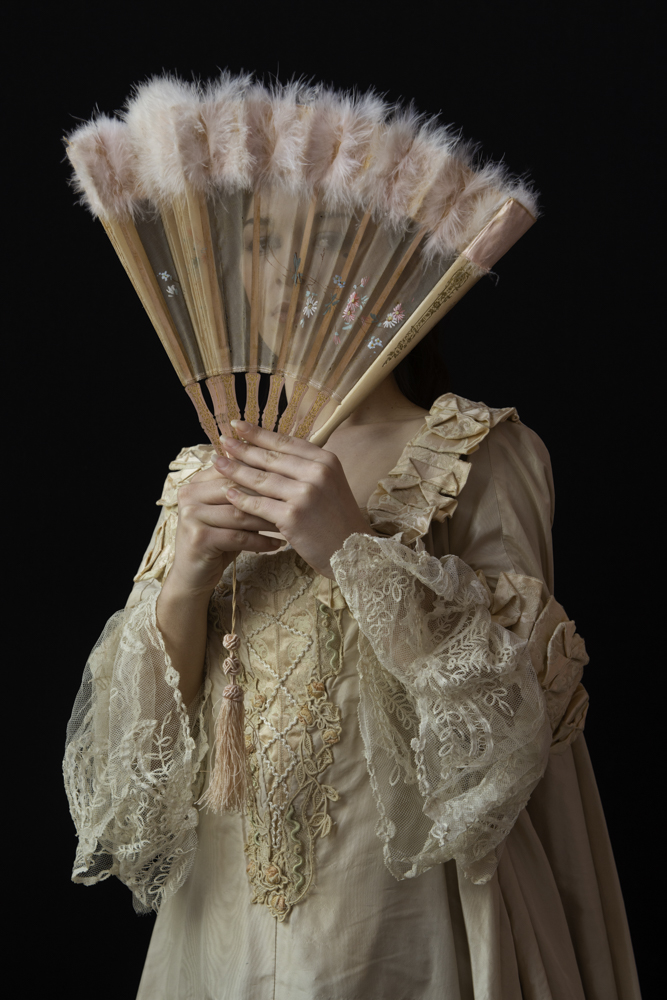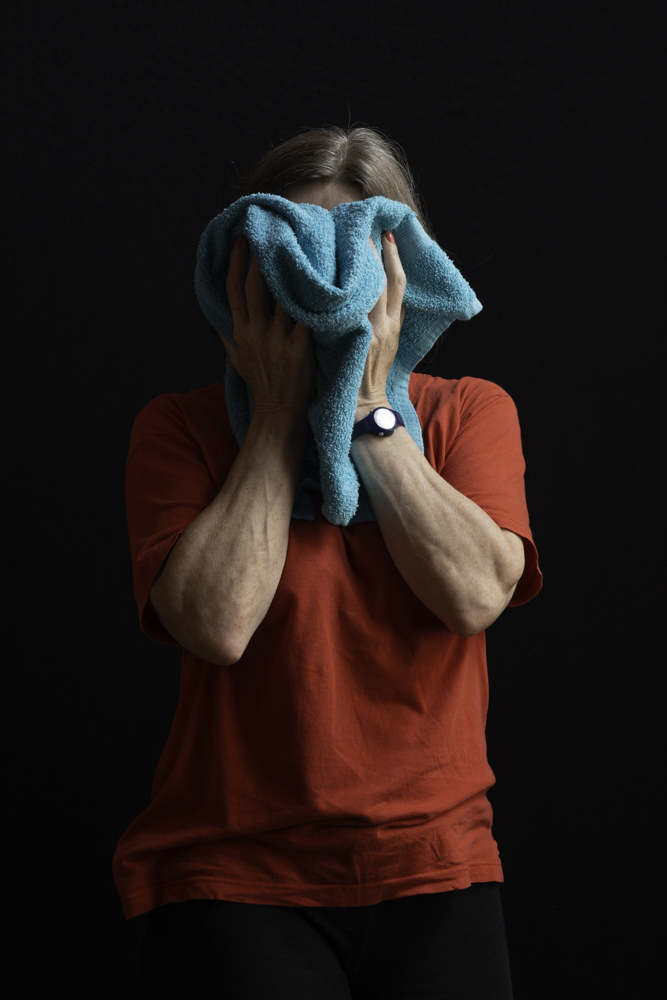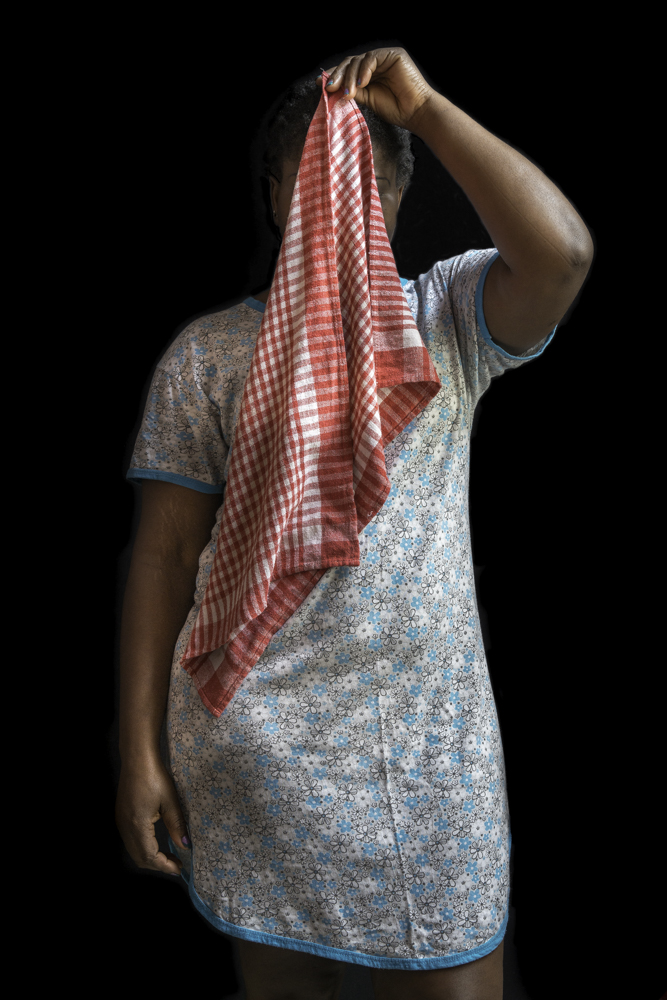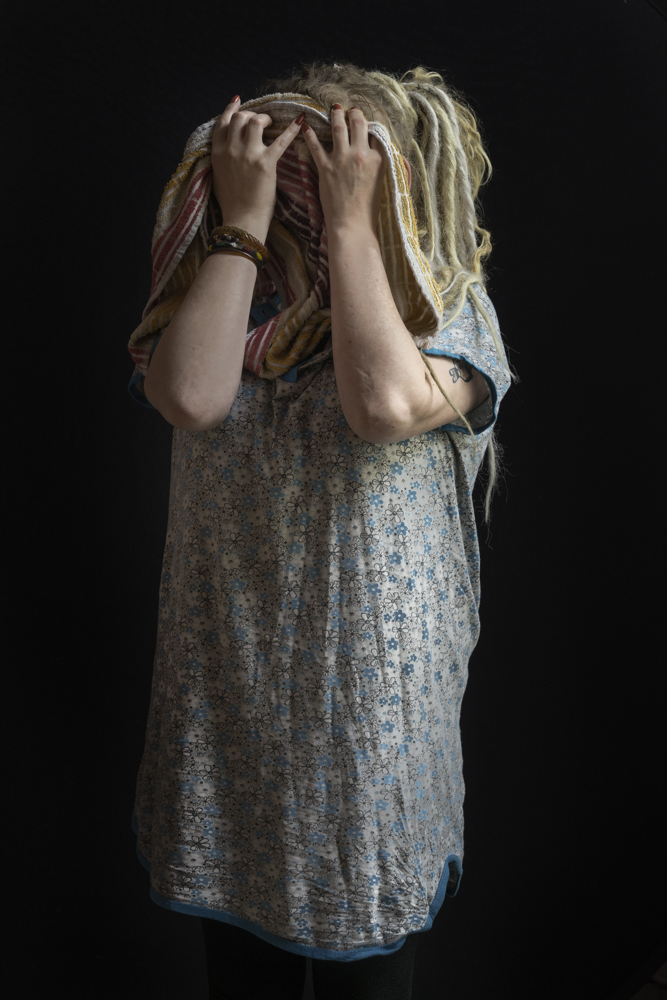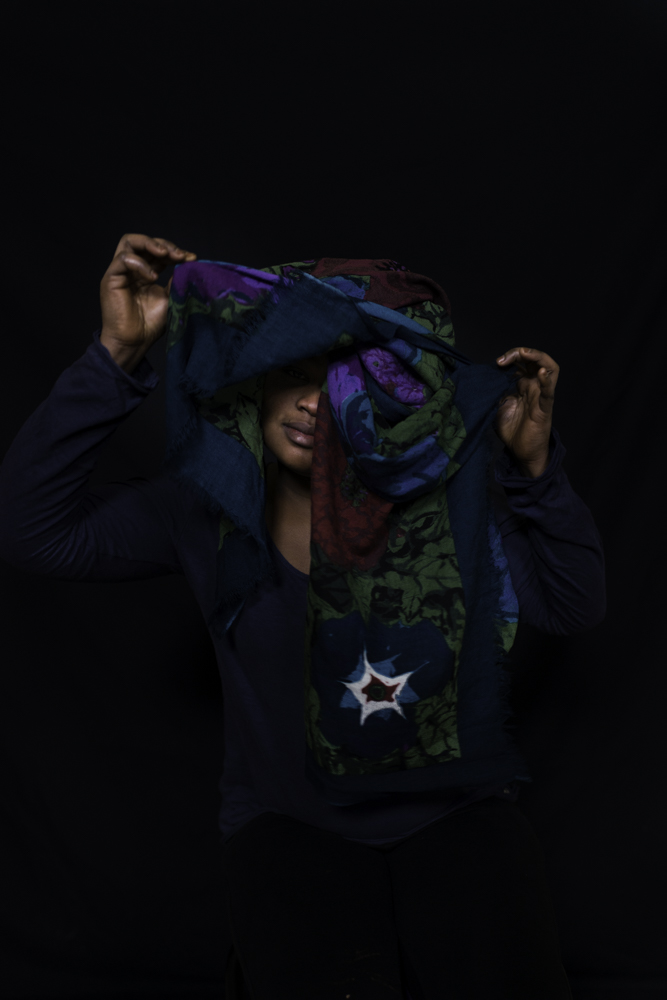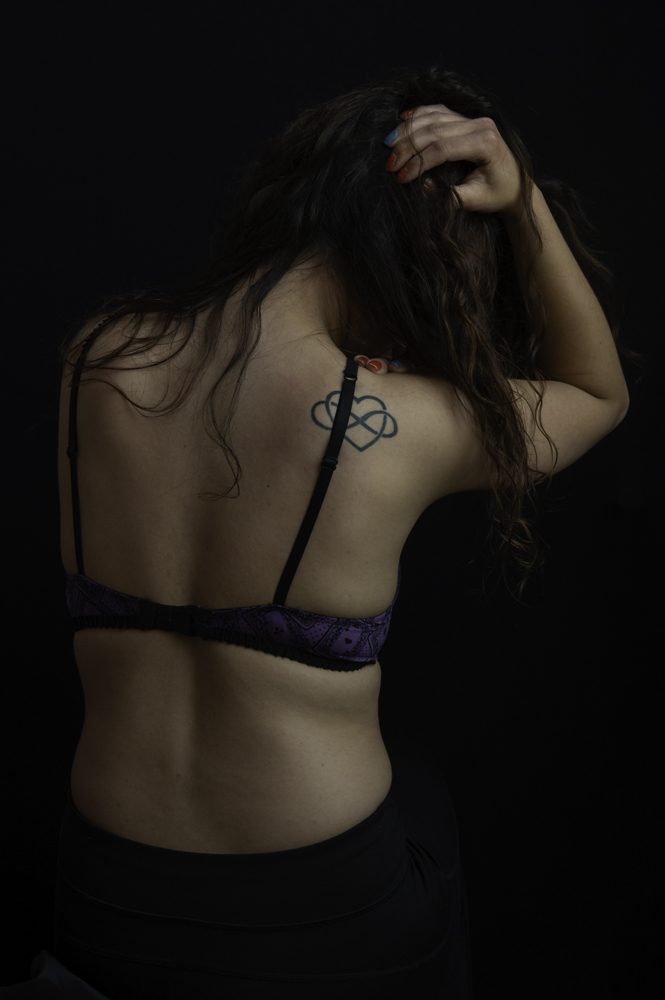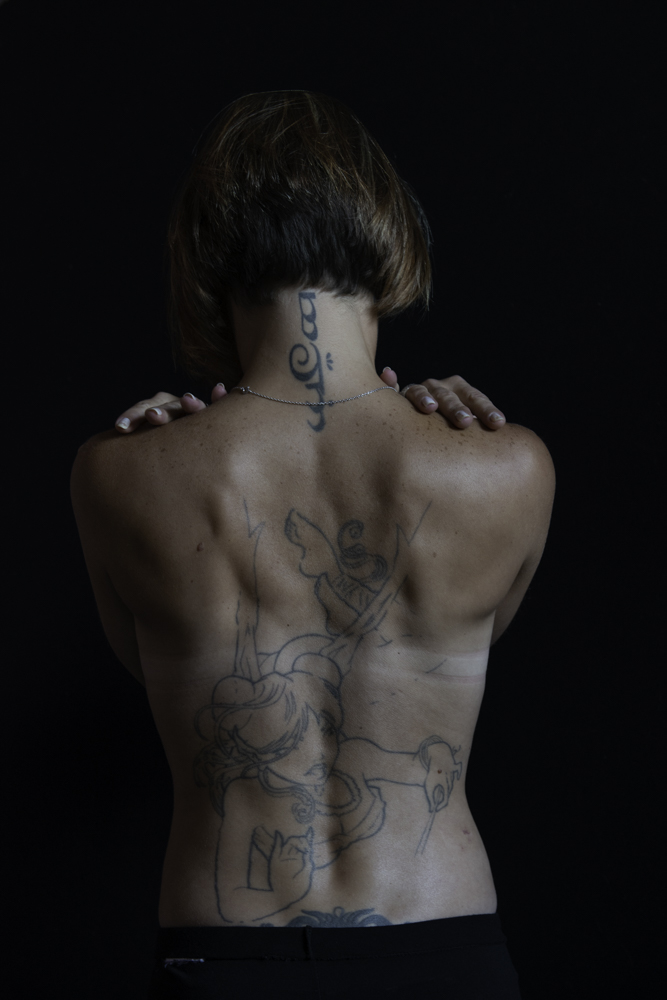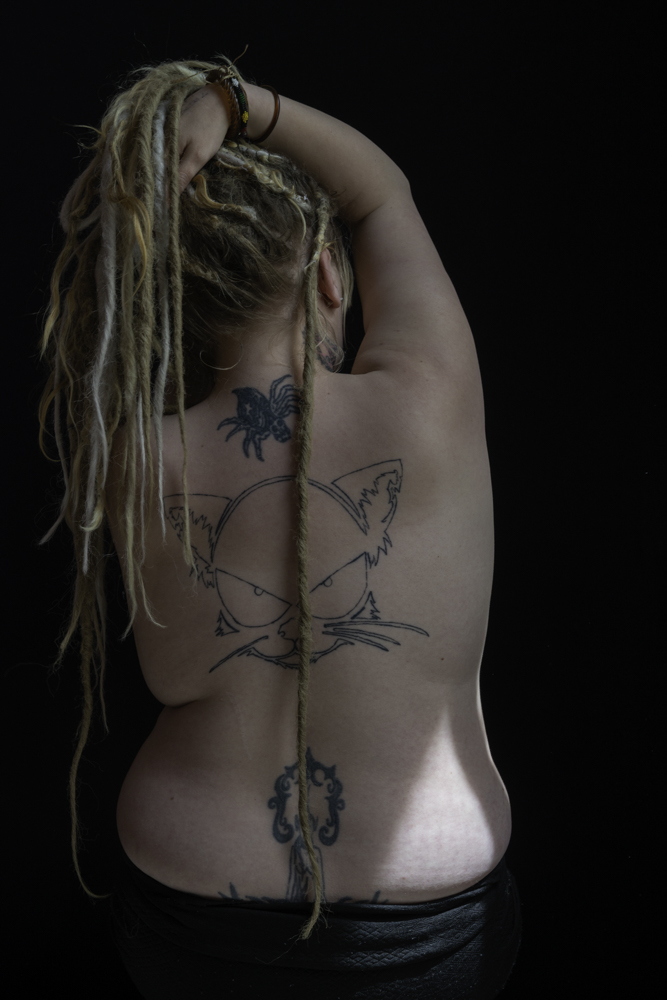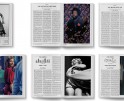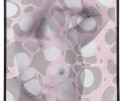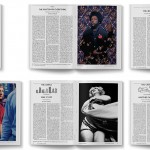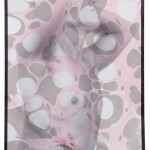Olivia Gay: Incarcerated women: interior views
Most incarcerated people build lives for themselves inside prison, forming bonds and family units with their incarcerated peers, engaging in work, education, and play, and creating art. Olivia Gay, a volunteer arts instructor in a prison in France, photographs this playful side of women in prison in her work, “Prison.” She reminds us of the humanity of people behind bars, of the urge to create, of the necessity of living a full life.
Olivia Gay is a graduate of the National Superior School of Photography in Arles, France. She studied art history at the University of Bordeaux, France, and photography at New England school of Photography, Boston, USA and then became a press photographer (1998-2008). She has been a teacher at University Paris 1 Panthéon-Sorbonne from 2017 to 2020, and is currently working on a PhD research and creation in France (Normandy) for the project « Women at work : for a comprehensive photography » which will bring together photographic creation around the representation of women workers and atheoretical reflection on the participatory or comprehensive approach of photography.
Her photographs are regularly exhibited in France and abroad: Maison européenne de la photographie, Paris, Centre photographique Île de France, Pontault-Combault, Galerie du Château d’eau, Toulouse, Pinacoteca de Sao Paulo, Brazil or MAST Foundation in Bologna, Italy. She received the GD4 Art Prize from the MAST Foundation in 2010, and the Joy Hendricks HSBC Special Prize in 2018. IG:@oliviagayphotography
Incarcerated Women: Interior Views
The work “Incarcerated women: interior views” presents portraits of women accused or convicted, with unseen faces obscured by a gesture, an attitude or an object. This work was built in response to the prohibition of showing the faces of inmates, imposed by the prison administration in respect of the “right to be forgotton”.
These women pose, dressed in nightwear, with their faces hidden by a cloth – effects distributed upon their arrival by the prison administration; in an opera costume, their faces made up and hidden behind a fan or a mask ; or in their ordinary clothes, face hidden by a gesture symbolizing a unique expression.
These photographs are the expression of an attempt to transgress the prohibition and escape the permanent control of the prison system, a place of dispossession of oneself and one’s image. The black background highlights the human figure as well as colors as forms of resistance.
In this project are also represented the artisitc work made by the participants themselves : realistic paintings which reveal their faces whom have received permission to be shown, unlike the photographic portraits ; intimate notebooks, drawings, photographs taken in cells or in the courtyard.
The women volunteers were involved for several weeks in the projetc, from
production to exhibition, accessible by invitation by an external audience is organized.
All these practices are part of the rehabilitation programmes supported by the French Ministry of Culture, Justice and Normandy Region.
After spending 18 years as a public defender, Sara Bennett turned her attention to photographing women with life sentences, both inside and outside prison. Her work has been widely exhibited and featured in such publications as The New York Times, The New Yorker Photo Booth, and Variety & Rolling Stone’s “American (In)Justice.”
Like the women she photographs, Bennett hopes her work will shed light on the pointlessness of extremely long sentences and arbitrary parole denials. To bring Life After Life in Prison, The Bedroom Project, or Looking Inside to your community, please contact her. IG: @sarabennettbrooklyn
Posts on Lenscratch may not be reproduced without the permission of the Lenscratch staff and the photographer.
Recommended
-
Hillerbrand+Magsamen: nothing is precious, everything is gameOctober 12th, 2025
-
BEYOND THE PHOTOGRAPH: Q&A WITH PHOTO EDITOR JESSIE WENDER, THE NEW YORK TIMESAugust 22nd, 2025
-
Christa Blackwood: My History of MenJuly 6th, 2025
-
BEYOND THE PHOTOGRAPH: Researching Long-Term Projects with Sandy Sugawara and Catiana García-KilroyMarch 27th, 2025
-
Dodeca Meters: Arielle Rebek, Kareem Michael Worrell, and Lindsay BuchmanFebruary 7th, 2025

